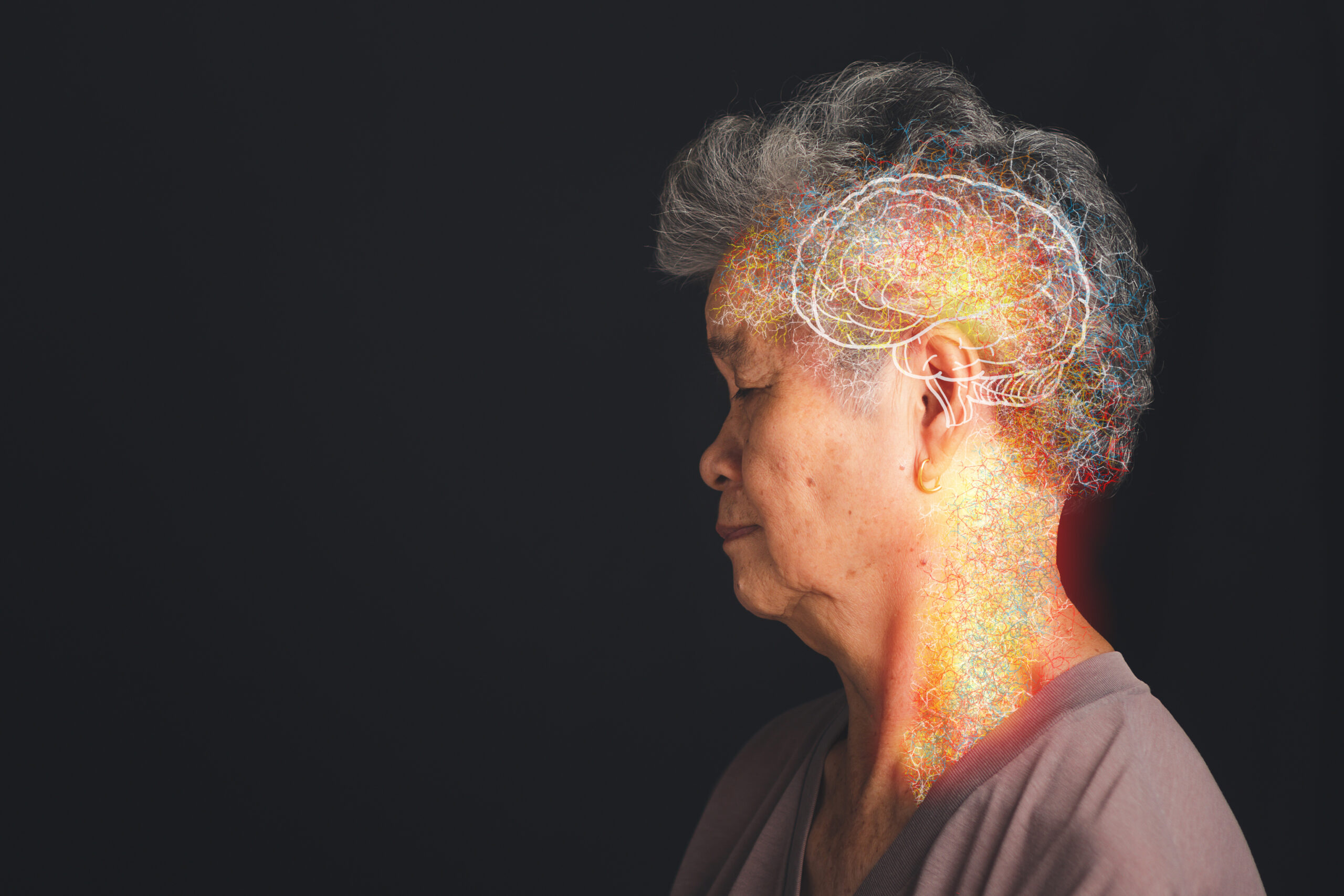What techniques can I use to calm my loved one with Alzheimer’s during anxious episodes?
Caring for a loved one with Alzheimer’s can be challenging, especially during anxious episodes. However, there are several techniques you can use to help calm them and create a more peaceful environment.
First, it’s important to **speak calmly and gently**. Your tone can significantly impact their emotional state. A calm, reassuring voice can help ease anxiety or agitation. Always validate their feelings by acknowledging their emotions, which builds trust and provides emotional safety. For example, you might say, “I can see this is upsetting for you.”
**Use touch thoughtfully**. A gentle touch on the hand or shoulder can convey comfort and connection. Always consider their personal preferences when using touch, as some people may not appreciate physical contact.
**Reconsider your approach** to communication and problem-solving. Instead of correcting them, engage with their feelings. For instance, if they insist they need to “go home” when they are already home, ask them to tell you about their home. This approach fosters connection without causing distress.
**Redirect their focus** by introducing a favorite activity or sensory experience. This could be folding towels, listening to music, or looking at family photos. Providing choices, like asking if they prefer tea or juice, can also help them feel more in control.
**Maintain a calm environment** by avoiding sudden movements and tense facial expressions. Ensure they are included in conversations and try not to speak on their behalf. Listen carefully to what they are trying to communicate, and remove distractions like background noise.
Finally, **prioritize relaxation** for both yourself and your loved one. Engage in activities like painting, gardening, or yoga together. These can be soothing and help reduce stress. Seeking support from professionals or joining a caregiver support group can also provide guidance and reduce feelings of isolation.
By using these techniques, you can create a more supportive and loving environment for your loved one, helping to manage anxious episodes and improve their quality of life.





